The research team includes 4 PhDs, 5 PhD students and Master students, with complementary expertise in Ecology, Ecotoxicology and Environmental Chemistry.
The group focus its research activity on water quality (mainly inland waters), soil quality, risk assessment of contaminated sites and risk assessment of new chemical substances. This team has the particularity of bridging the gap between the aquatic and terrestrial ecosystems, focusing on ecosystem functions and services provided by soil. The team coordinates and collaborates in several national and international research projects and in the last five years has published about 100 articles in international journals with a high impact factor. The team also coordinates a laboratory that provides services to society.
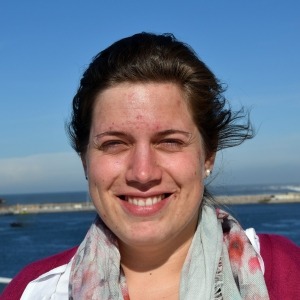

Ana Gavina is a PhD Student in Biology from FCUP & CIIMAR. She obtained her degree in Biology and Geology in 2009 and her Master degree in Applied Biology – Toxicology and Ecotoxicology in 2011, at the University of Aveiro. During the PhD, she is carrying out a research on a derivation of risk limits for the protection of soil ecosystems from nanomaterials. Main research interests are related to nanomaterials and soil ecotoxicology, namely the evaluation of changes in the habitat and retention soil functions as well as the evaluation of changes in soil enzyme activity under the exposure to nanomaterials.
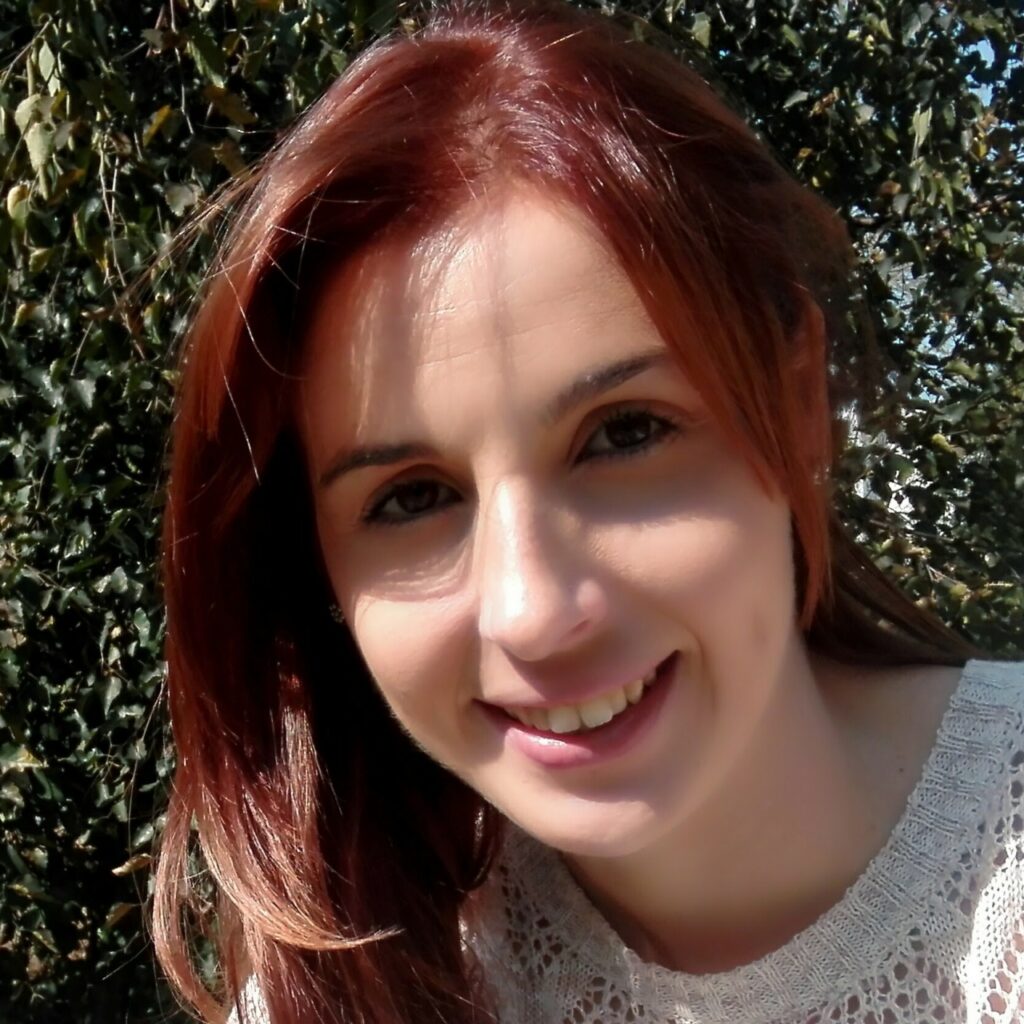

Ana Ribeiro is currently a research grant. She obtained her Degree in Biology in 2009 and her Master Degree in Biology and Water Quality Management in 2011, at University of Porto. She participated in the project "SIGNAL – Effects of pollution on estuarine ecological interactions zooplakton-zooplanktivorous fish in relation to climate changes", from 2012 to 2013 at CIIMAR. From 2013 to 2014 she participated in the project "SALTFREE – Prediction of salinisation effects on coastal freshwater and soil ecosystems due to climate changes". She's currently participating on project INNOVMAR , Research Line "ECOSERVICES – Assessing the environment quality, vulnerability and risk for the sustainable management of NW coast resources and ecosystem services". Her main research area has been ecology and ecotoxicology, soil and aquatic.
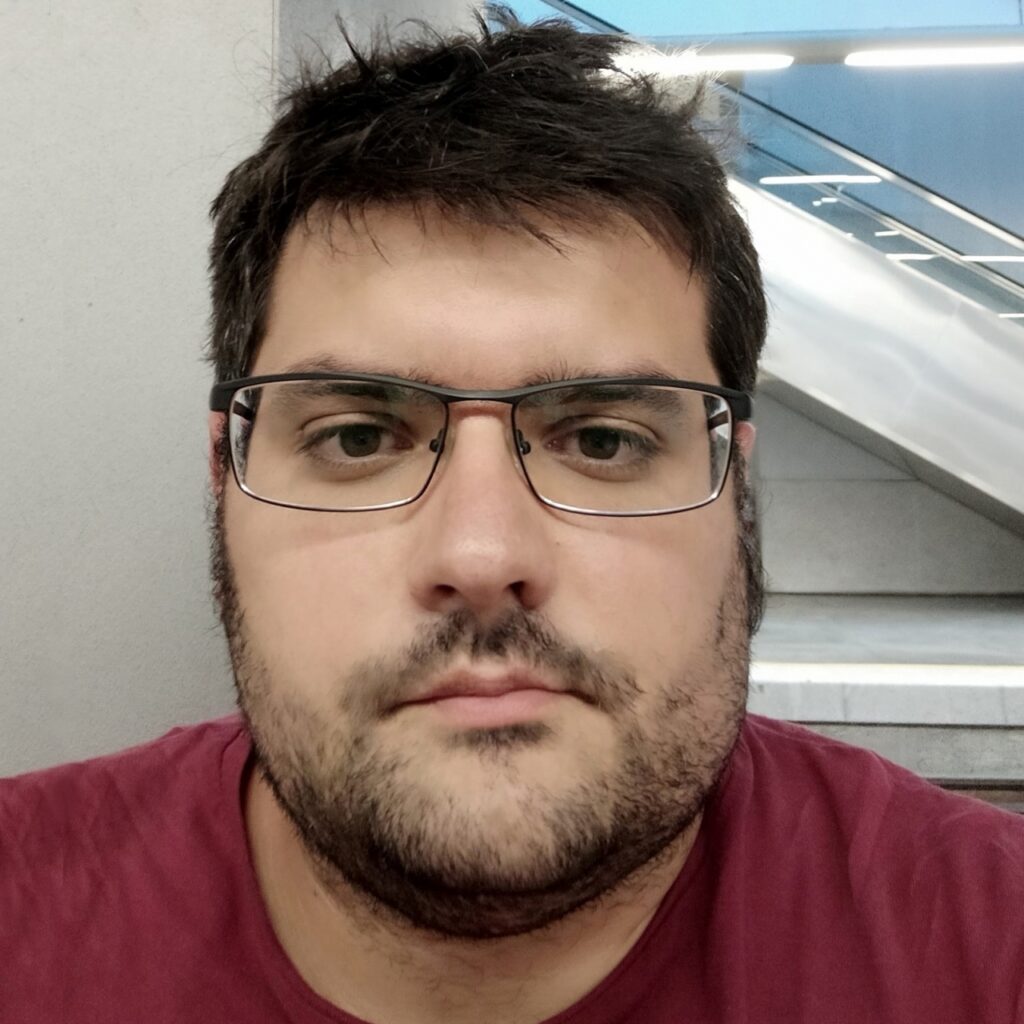

André Rodríguez Seijo is a FCT Junior Researcher working with microplastics in terrestrial ecosystems at CIIMAR-UP and the Faculty of Sciences, University of Porto, Portugal. He has a PhD in terrestrial ecosystems from the University of Vigo (Spain). His research was focused on the behaviour of heavy metals in mining, urban and military soils. Since 2017 he is working the impact of microplastics on terrestrial ecosystems as a present research line. He is author/co-author of 20 articles in WoS journals (h index of 12), five book chapters and 33 communications for national and international conferences.
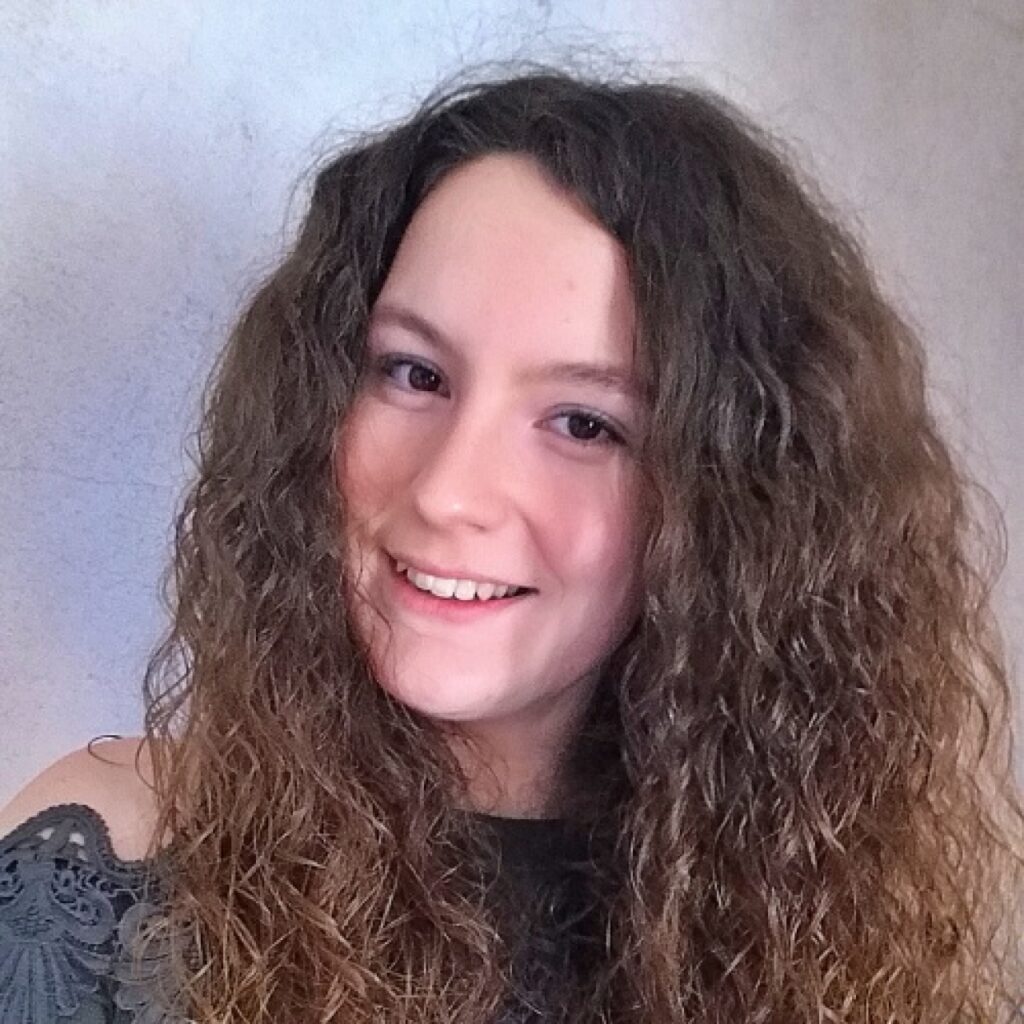

Beatriz Fernandes is currently a PhD student in Agricultural Sciences, being the main objective of her research to find alternatives to reduce the risk of copper contamination in vineyards soils. With a degree in Biology and a master in Agricultural Engineering at Faculty of Sciences of the University of Porto, during her academic career she conducted studies in the field of environmental ecotoxicology, namely, on the effects of plant protection products application on the quality of vineyard soils.Beatriz Fernandes is currently a PhD student in Agricultural Sciences, being the main objective of her research to find alternatives to reduce the risk of copper contamination in vineyards soils. With a degree in Biology and a master in Agricultural Engineering at Faculty of Sciences of the University of Porto, during her academic career she conducted studies in the field of environmental ecotoxicology, namely, on the effects of plant protection products application on the quality of vineyard soils.
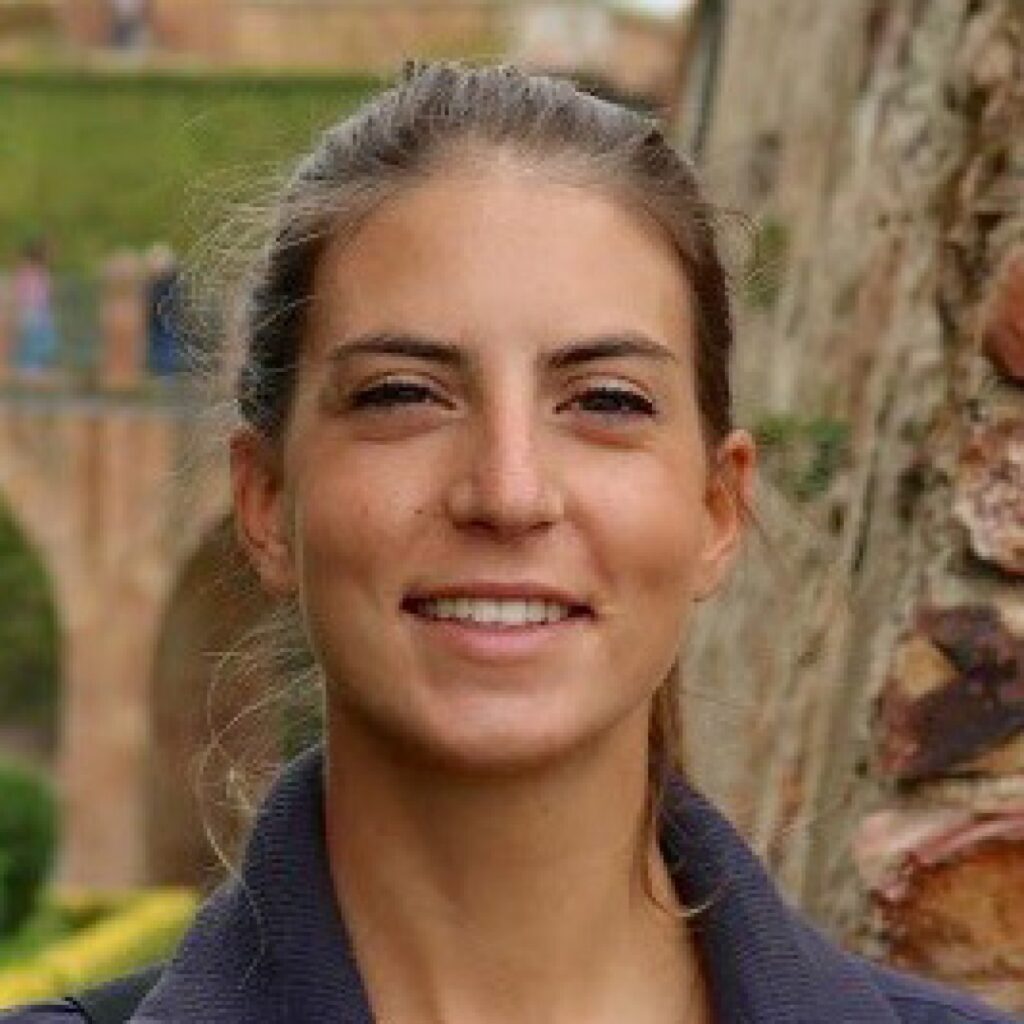

Carolina Rodrigues is currently a PhD student at FCUP and CIIMAR. She obtained her Degree in Biology in 2008 and her Master Degree in Biology and Water Quality Management in 2010, at University of Porto. She participated in the project “Chemical war: the role of chemically mediated interactions in the invasiveness potential of non-native Artemia” (PTDC/MAR/108369/2008) from 2011 to 2013 at CIIMAR. Her current research is focused on the contribution of biochemical tools for the assessment of the ecological quality of fluvial ecosystems.
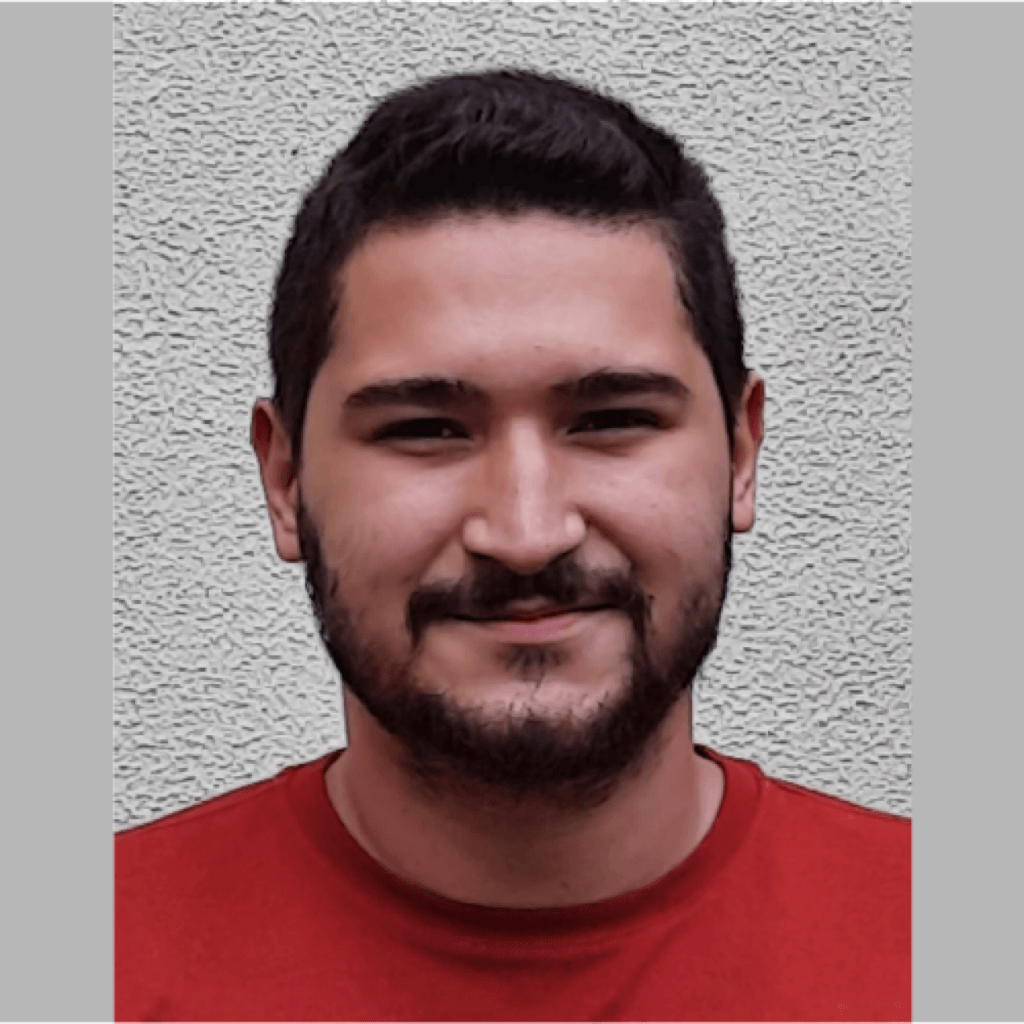

Diogo Machado graduated in Environmental Science and Technology at Faculty of Sciences of University of Porto in 2020, and currently he is a Master student in Environmental Science and Technology. Since his bachelor’s internship, he has been working on environmental soil contamination and risk assessment, particularly he has been a part of the research project “@10 years – Ten years of OHM: data compilation for a holistic environmental and human health risk assessment”, financed by the LABEX DRIIHM (Agence Nationale de la Recherché, France).
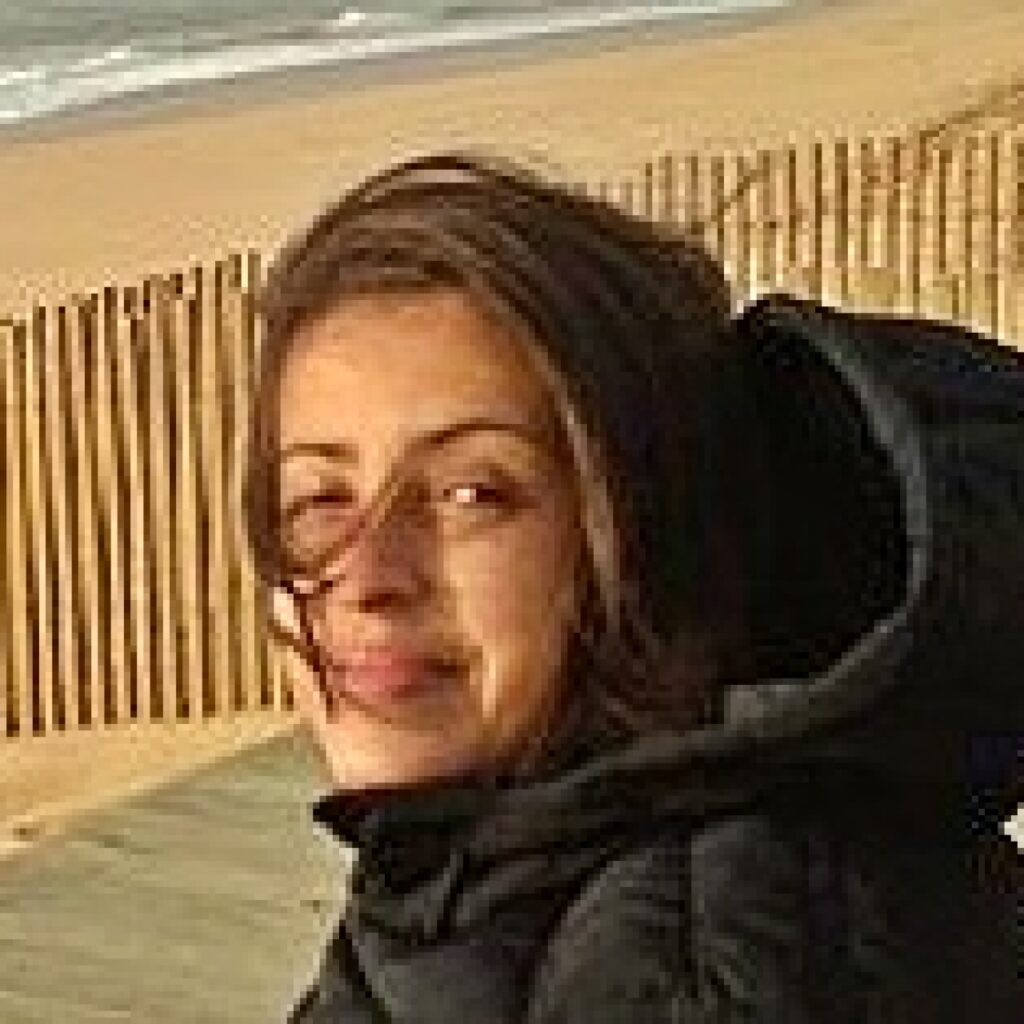

Elisabete D’Oliveira has a MSc degree in Geosciences, with a focus on Environmental Hydrogeochemistry, from Fluminense Federal University (2017). She has a BSc degree in Chemistry from Federal Rural University of Rio de Janeiro (2011). She is currently a MSc student of Advanced Methods and Accreditation in Chemical Analysis at the Faculty of Sciences of the University of Porto. Her research interests are Hydrogeology and remediation of contaminated soils.
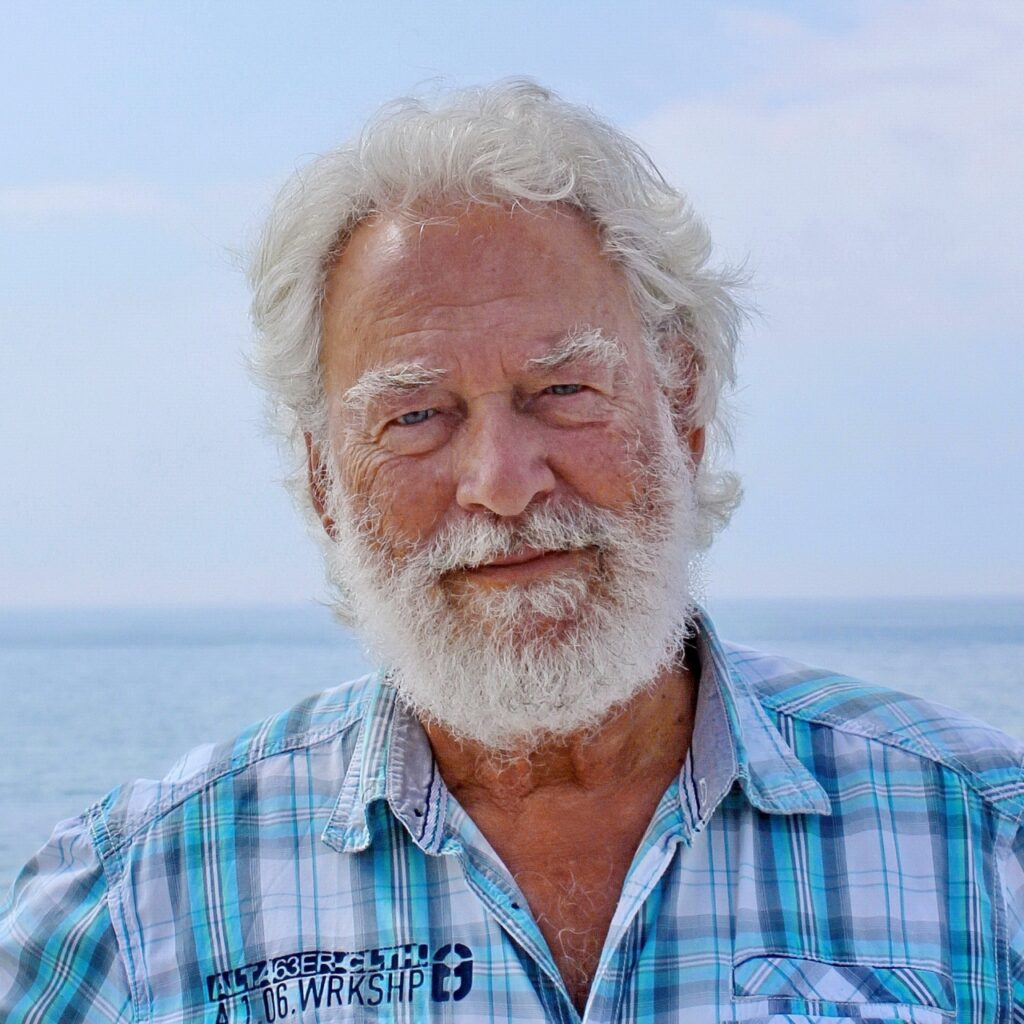

Mike Weber graduated in Marine Biology in 1980 and obtained his PhD in 1985 at the University of Kiel in Germany. In 1983, he became an assistant professor at the Institute of Biomedical Sciences of the University of Porto and, in 1998, director of the Littoral Station of Aguda in Vila Nova de Gaia, which is his project. The station houses a fishery museum, an aquarium, and an education and research department. He is the author of 24 books.
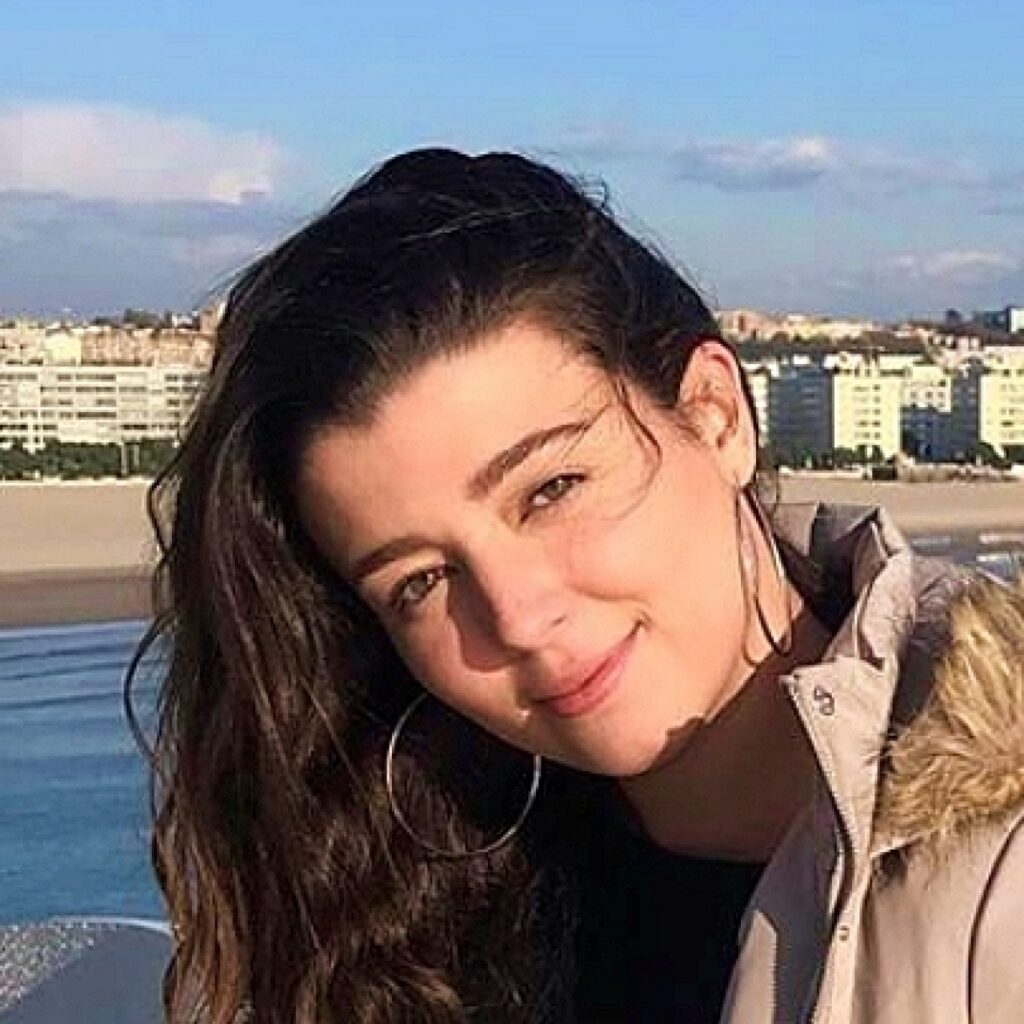

I completed my bachelor’s degree in biological sciences in July 2019 in Rio de Janeiro with an emphasis on environment and water resources. I am doing a master’s degree in biology and water quality management in Portugal at Universidade do Porto, where I am already doing my master thesis focused on phytoremediation and water quality. Since the beginning of my journey as a biologist, I am very interested and motivated. I have always been part of research groups during several internships at biochemistry, immunology and aquatic ecology laboratories. In the 5 years of studying and researching I learned a lot about laboratory techniques, how to plan research projects, how to write scientific articles and how to do different types of analysis. Today, I am very excited about what I study and very focused. I believe that my experience in other areas helped me to be sure that I love biology. Also, it helped me understand how people think and interact with the environment, so I can make more environment-friendly solutions for the future. I have always participated in volunteer projects that aim to educate people to prevent future problems, such as water scarcity and water pollution. I also fully believe in the concept of sustainability and all its applications and meanings. I move my life to try to live, disseminate and use my knowledge in favor of this idea.
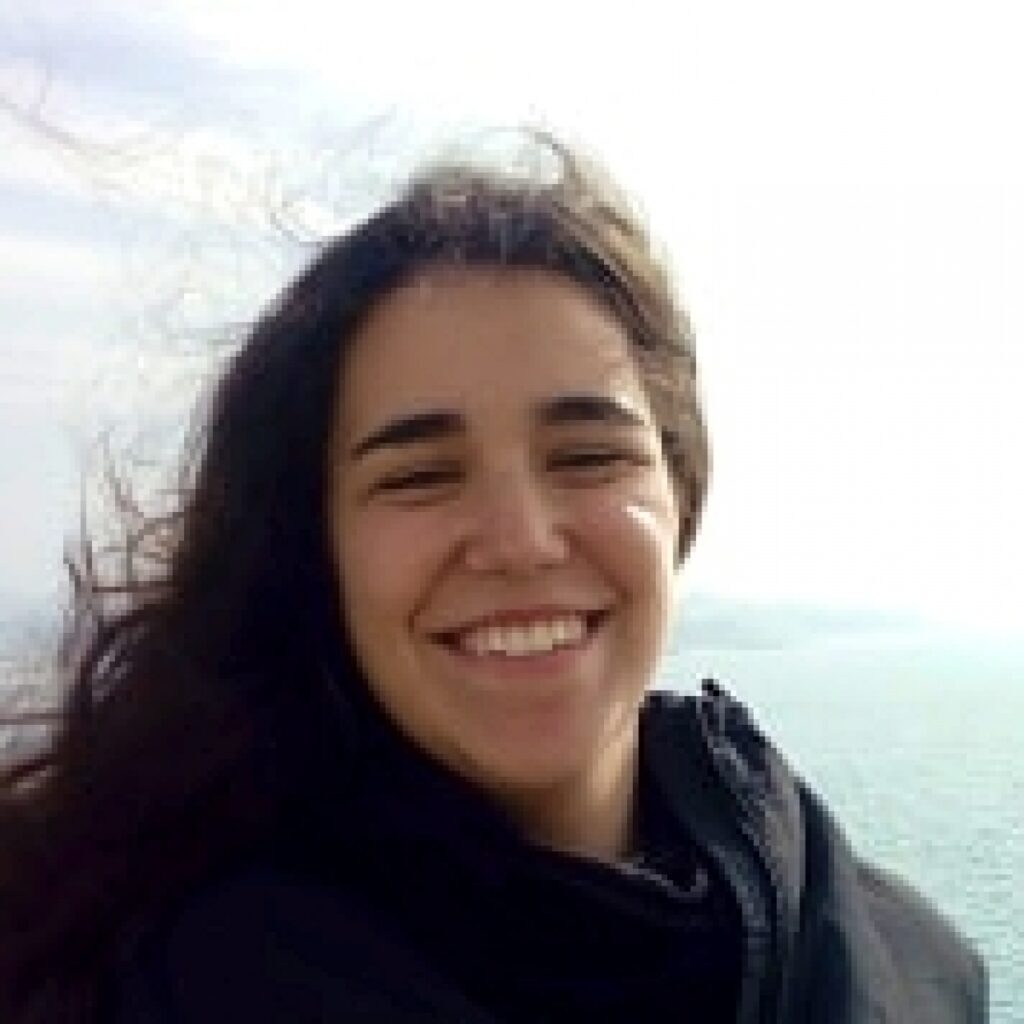

Graduated in Environmental Sciences and Technology by the Faculty of Sciences of the University of Porto in 2019, currently taking a master's degree in Biology and Water Quality Management in the Faculty of Sciences of the University of Porto. Interested in the interactions between soil and water and its effects.
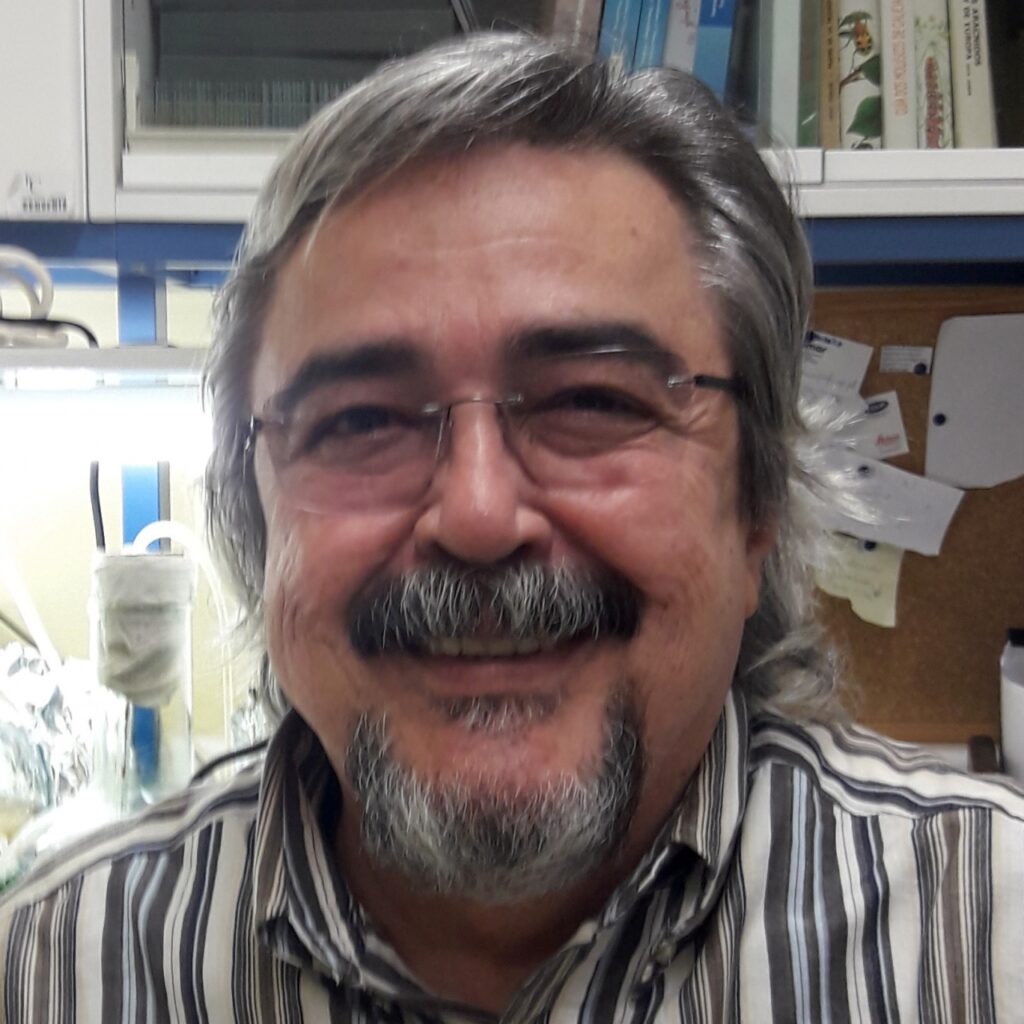

Renato de Medeiros Rocha is actually Associated Professor at the Federal University of Rio Grande do Norte (BR) and hold PhD degree in Biotechnology granted by the University of Tiradentes (BR). He is currently a pos-doc researcher at Soil/Water Interactions Laboratory. His main research interest focus on hipersaline environments, mainly microalgae and Artemia populations.
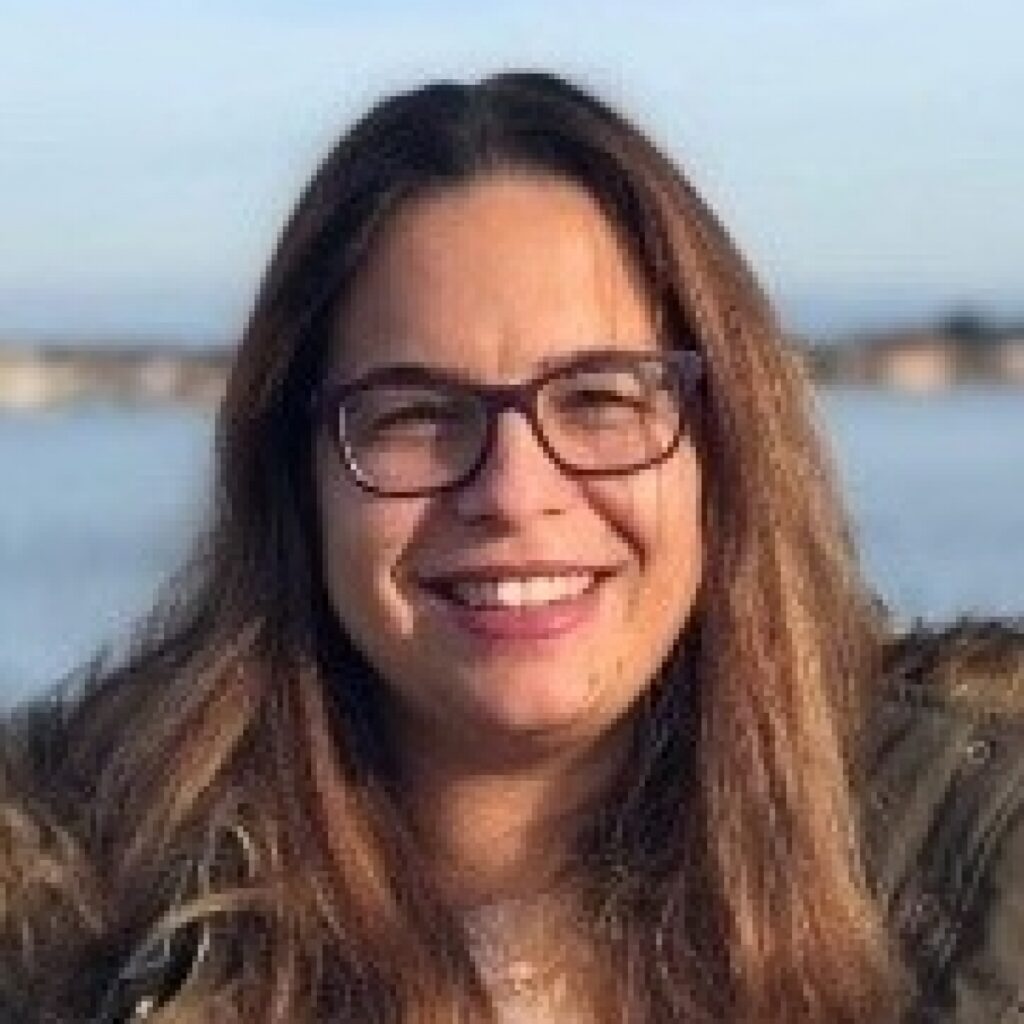

Dr. Sirine Bouguerra is a is a post-doctoral researcher at the Faculty of Sciences, University of Porto, Portugal. She has a PhD in Biology, MSc in Environmental Biotechnology, and a background in Environmental Sciences, from the University of Sfax-Tunisia and University of Porto-Portugal. Her research has been mainly focused on Ecological Risk Assessment and Agricultural Practices. Main research interests are related to risk assessment of contaminated areas, mine waste, chemicals and nanomaterials using terrestrial and aquatic ecotoxicological bioassays. She participated in national and international research projects, authored ISI-WOS scientific papers and book chapters.
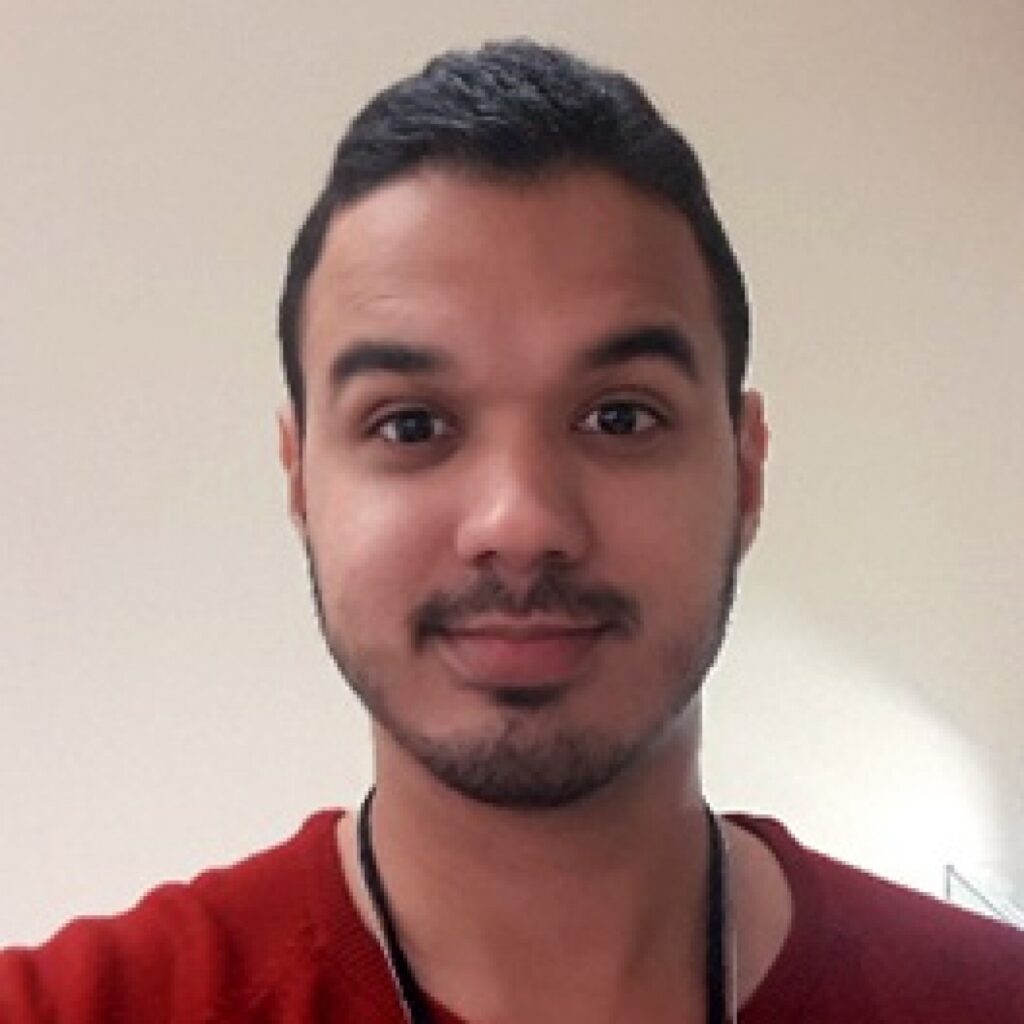

Uirá Siqueira de Oliveira, is graduated in Science Biology for Vale do São Francisco University. He is a master student in Water Quality’s Biology and Management for Faculty of Sciences/Porto University. He is currently a research fellow at Soil/Water Interactions Laboratory. His main research interests focus on aquatic microorganism biotechnology, microalgae, culture optimization and biocompounds.
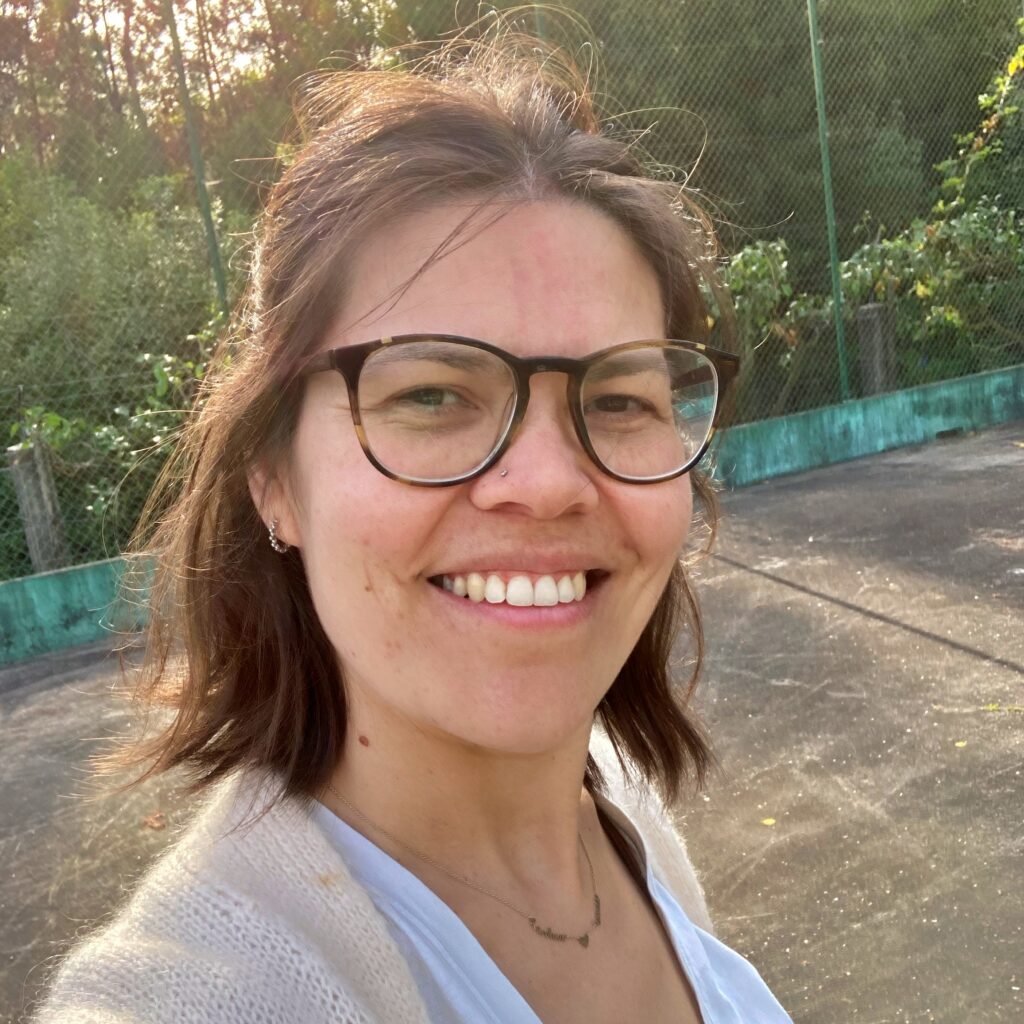

Verónica Nogueira is a researcher at CIIMAR and Faculty of Sciences, University of Porto. She has a PhD in Biology and a MSc degree in Toxicology and Ecotoxicology, from the University of Aveiro. Her main research area has been nanoecotoxicology, terrestrial and aquatic ecology and ecotoxicology, wastewater treatment (chemical and biological treatments) and reuse, waste valorisation, sustainable and safety use of residues. She has been very active in guiding or co-supervising undergraduate and master’s students and involved in several teaching activities. In addition, she is also involved in several national and international research projects.
Website by: Glitz Design